A Nation Struggles to Bridge the Chasm Between Privilege and Disenfranchisement
In the heart of Nigeria, a country renowned for its rich cultural tapestry and economic promise, an enduring and deeply ingrained issue casts a long shadow over its citizens – social inequality.
This multifaceted challenge encapsulates the broader struggle to close the yawning divide between a privileged minority and a marginalized majority.
Recent data paints a grim portrait: a staggering four out of every ten Nigerians grapple with extreme poverty. These stark figures underscore the harsh realities faced by a significant portion of the population as they wrestle to meet their most basic needs. Adding to the chasm, an alarming report from OXFAM spotlights Nigerian lawmakers as among the highest-paid in Africa and the third-highest globally. They draw salaries exceeding thirteen million naira, a stark juxtaposition to the stagnant minimum wage of thirty thousand naira for ordinary citizens. This stark disparity in compensation raises pressing concerns about the equity and justice of governmental policies.
The effect of social inequality ripples far into the realm of education, where access to quality learning remains a distant dream for many. Children from well-off backgrounds receive superior education, while their less fortunate peers endure overcrowded classrooms and limited educational resources.
In the sphere of healthcare, disparities persist. The affluent can afford world-class medical care, whereas the majority must rely on underfunded public healthcare facilities, intensifying health inequalities and leaving vulnerable populations at a considerable disadvantage.
Recent events, such as the removal of fuel subsidies, serve as a stark reminder of the gulf between the affluent and the underprivileged. While the wealthy grapple with soaring fuel costs, some even forced to abandon their cars, intended relief measures for citizens failed to reach them, instead benefiting stakeholders. This, coupled with escalating prices and job losses, disproportionately impacted the less fortunate, exacerbating existing inequalities.
Regressive taxation policies serve as another formidable driver of inequality in Nigeria, imposing multiple taxes at the state and local government levels on small and medium-scale enterprises while affording large corporations tax holidays and waivers. This unequal taxation system hampers economic growth and further burdens the poorest individuals and businesses.
As Nigeria diversifies its revenue streams away from oil, focusing on income tax, customs and excise duties, and a 7.5% value-added tax (VAT) implemented in February 2020 to bolster government revenue, it has inadvertently contributed to escalating inflation rates. These inflationary pressures disproportionately affect the less privileged segments of society.
To combat the scourge of social inequality in Nigeria, policymakers and stakeholders must first acknowledge its corrosive impact on economic growth, healthcare, education, and the overall social fabric. Transitioning from regressive to progressive taxation, fortifying women’s rights, and reinforcing the judicial system to combat corruption constitute pivotal steps. Increased budgetary allocations to education and healthcare, combined with robust support for small and medium-scale enterprises, can help alleviate the burdens weighing on the most vulnerable.
In the battle against inequality, there is no room for capitulation. Nigeria stands at a critical juncture, and it must vigorously pursue inclusivity and socioeconomic justice to secure a brighter future for all its citizens.
The nation’s stability and growth hinge on addressing this pressing issue with unwavering urgency and determination.
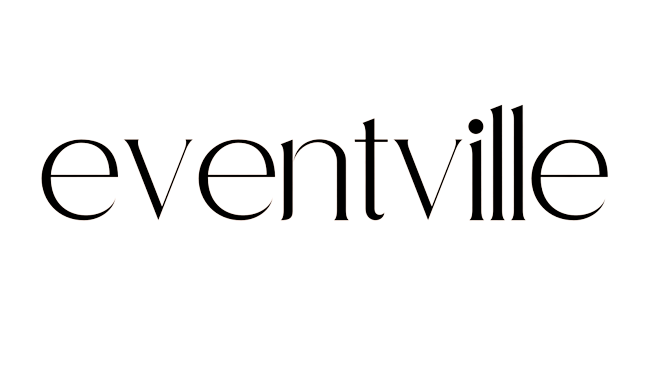
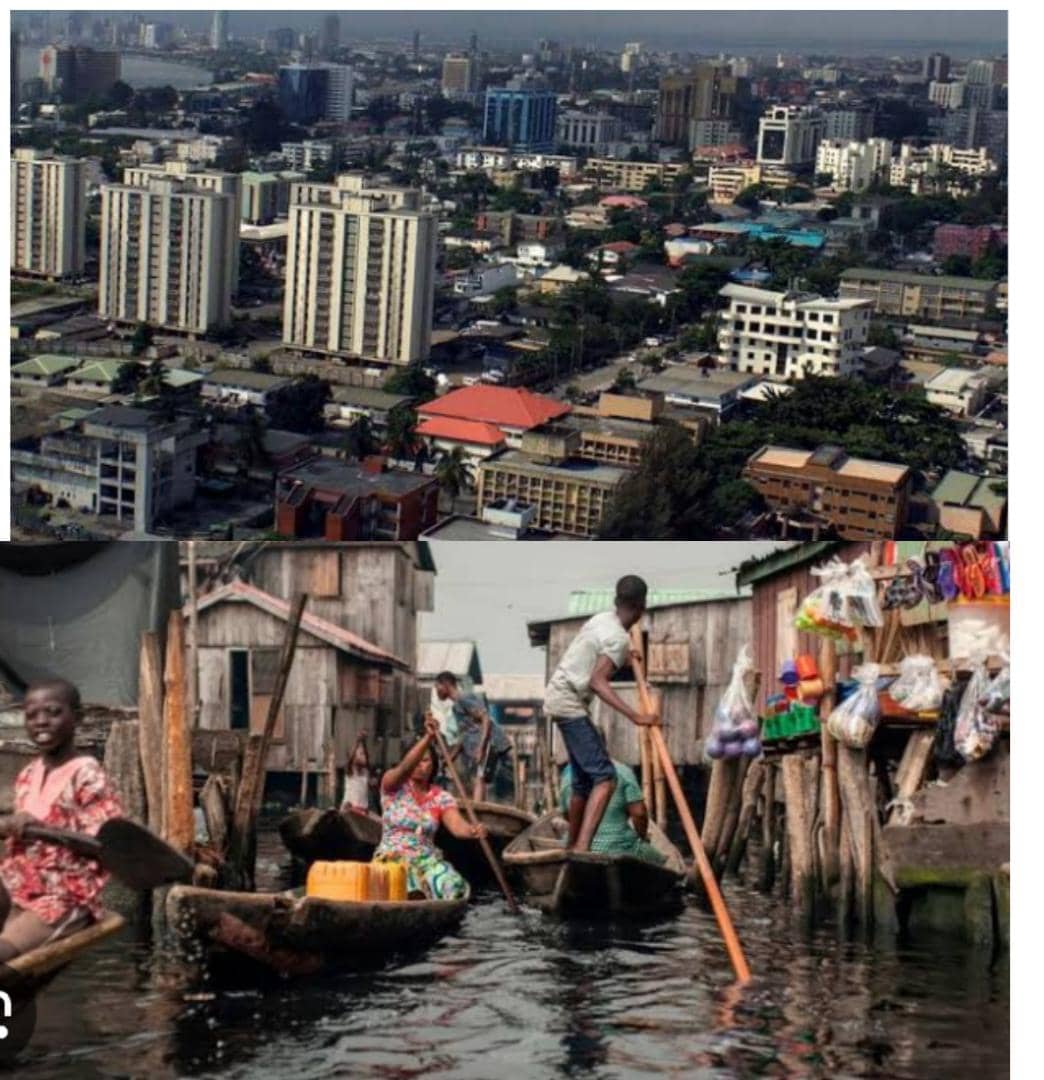


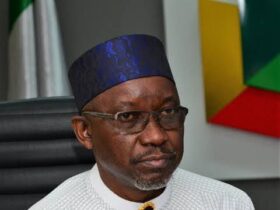
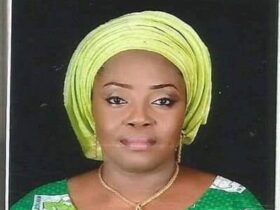

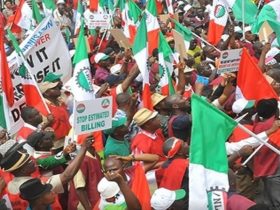
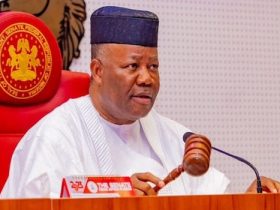
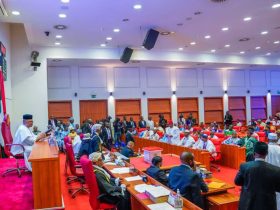
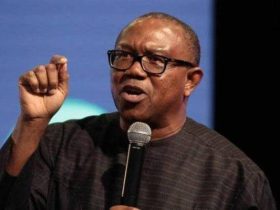
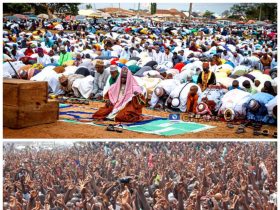

Leave a Reply